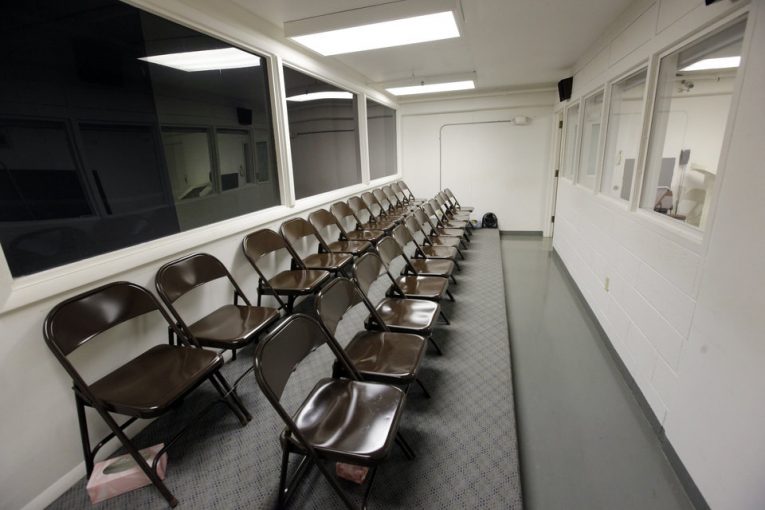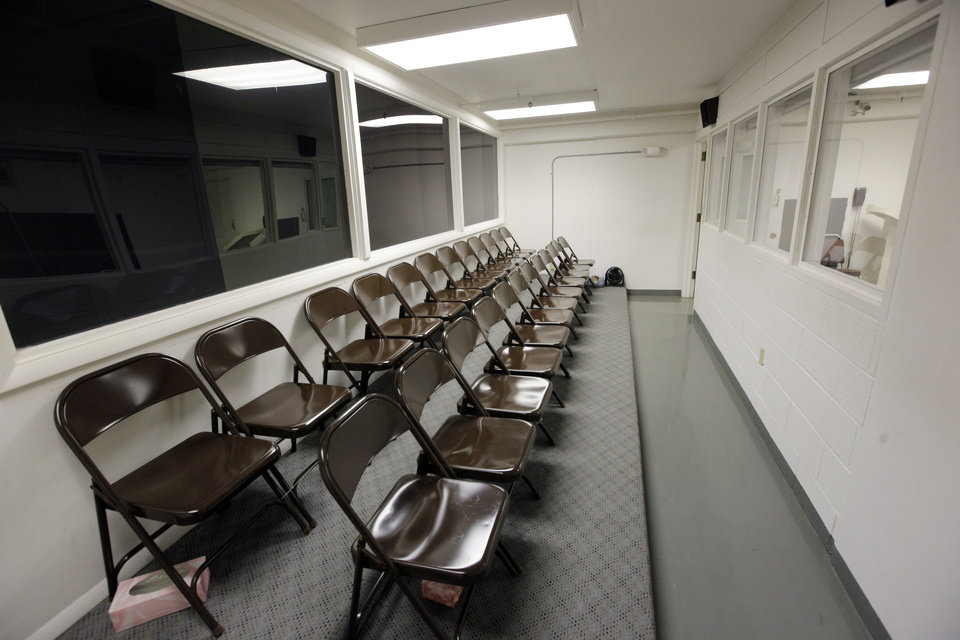

By Luke Kyaw and Mathew Seibert
SACRAMENTO, CA – The Golden State has had a long, conflicted history of heated political battles over the existence of the death penalty. Now legislation is being introduced to end or mitigate death row.
Alexei Koseff, author of the report “Is This Another Way to End California’s Death Penalty?” reveals these ongoing disputes about capital punishment in his writings.
Koseff argues that despite having housed the first ever court in the nation to rule the penalty as unconstitutional, California today has the largest death r ow among all the other states, at 694 inmates according to the California Department of Corrections and Rehabilitation.
Koseff then explains that on Feb. 18, 1972, the California Supreme Court declared the death penalty unconstitutional. However, it was short-lived when voters voted later in the same year to add a constitutional amendment that overturned the ruling.
When initiatives to abolish the death penalty appeared on the ballot in 2012 and 2016, voters rejected them and once again upheld the death penalty—albeit by a narrow margin.
Prosecutors praised this turnout, claiming that it is imperative to maintain the death penalty as the ultimate punishment as well as an effective bargaining tool for plea deals.
Opponents of the death penalty argue that it is too painful and cruel to the victims and their families, unfair, and just doesn’t work as a deterrent to the crime. And, increasingly, groups like the Innocence Project are finding and exonerating, people on death row.
And despite the death penalty being maintained, Koseff emphasizes the fact that no one has been executed in the state since 2006 after a Death Row inmate challenged the constitutionality of lethal injection on the primary basis of excessive pain.
However, after 15 years of court appeals, the new lethal injection protocol is about to be finalized.
In light of this, Gov. Gavin Newsom—a staunch believer in repealing the death penalty—issued an executive order in 2019 closing down the death chamber at San Quentin and urged voters to reconsider their stance on the death penalty.
As a result, death row opponents are now considering another path: reducing the size of death row.
A report by the state Committee on Revision of the Penal Code—which unanimously recommended the steps to reduce the size of death row—has already introduced a pair of bills which are currently moving through legislation.
Assembly Bill 256 by Assemblymember Ash Kalra will extend a law that was implemented in 2020 that allowed for easier opportunities to challenge racially biased convictions and sentences. This allows inmates that experienced capital punishment injustice through racial bias to be able to overturn their conviction.
Senate Bill 300 by Sen. Dave Cortese (SB 300) will limit the punishments for people convicted for being an accomplice in a homicide. This would help protect individuals who were deemed a major proponent of the crime but did not actually kill someone.
Koseff explained that SB 300 barely made it through the Senate last session and now faces an assembly where bills regarding the reducing of criminal sentences typically face overwhelming resistance.
“California voters have increasingly supported initiatives that aim to ease the state’s history of harsh criminal sentencing,” Cortese said.
Koseff then questions the Golden State’s capital punishment policies with, “The end of California’s Death Row?”
“With rehabilitation as the backbone, Gov. Newsom alongside advocates for abolition plan on completely disbanding the death row facility at San Quentin,” Koseff said. “The prison officials plan on moving condemned inmates around to free up this space and allow prisoners easier access to work and pay restitution.”
Legal Director and General Counsel for Criminal Justice Legal Foundation Kent Scheidegger explained how the death row facilities drive up costs substantially. However, advocates for the death penalty in California said Newsom’s actions are essentially a slap in the face for the families of murder victims.
During an appearance in Los Angeles, Newsom said he looks forward to “advancing more leadership on reforming the death penalty. We talk justice, we preach justice. But as a nation we don’t practice it on death row.”

